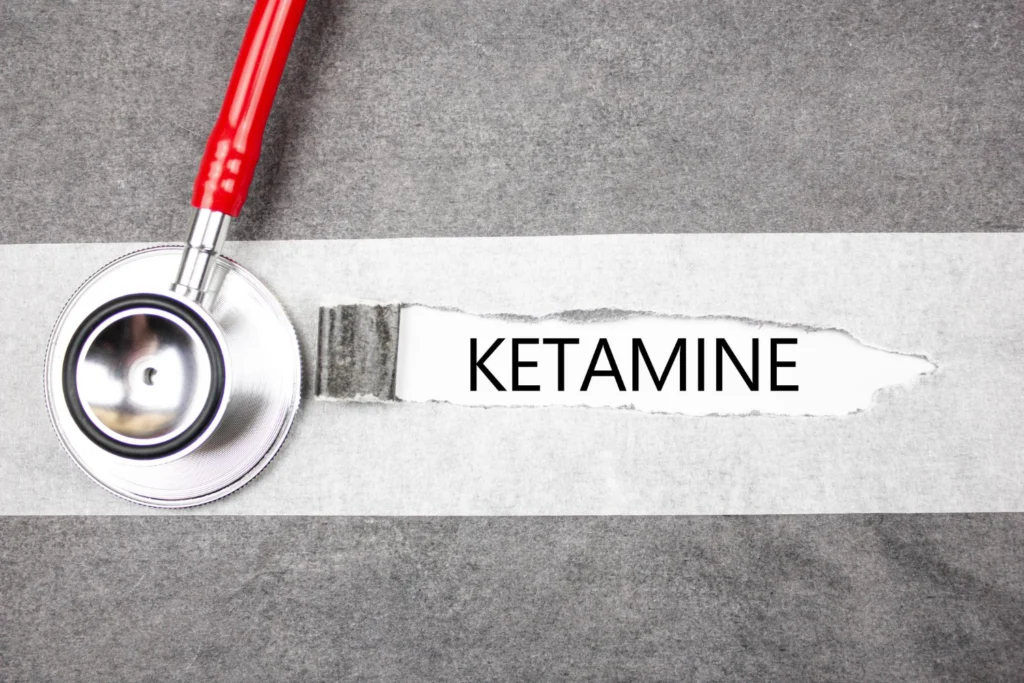Who is not a Good Candidate for Ketamine Therapy?
Ketamine therapy is being used to treat mental illnesses like severe depression and anxiety. In such a situation, at Goodness Psychiatry, you can reach our service Ketamine. However, ketamine therapy is not a treatment that works for everyone. Let’s discover who is not a good candidate for ketamine therapy in detail.
What is Ketamine Assisted Therapy?
Ketamine therapy treats depression, anxiety, and PTSD with low doses of the dissociative anesthetic ketamine. The use of high doses ketamine as an anesthetic in surgical procedures is authorized. Although FDA not approved, lower doses of ketamine are used off-label to treat mental health and substance use disorders. Depression rates are rising due to various factors. Medications can help correct neurochemical imbalances that cause depression, anxiety, and substance use disorders. These medications target specific brain receptors like serotonin, dopamine, and mu opioids and require daily intake for effective treatment.
Who should not take Ketamine?

Ketamine therapy emerges as a promising treatment for mental health conditions, yet it’s not suitable for everyone. Understanding who might not be the ideal candidate for this therapy is crucial. Here’s a comprehensive insight into who should not take ketamine therapy: While ketamine therapy can benefit many, certain medical conditions may pose risks, including:
- Psychotic Conditions:
Ketamine might exacerbate conditions like bipolar disorder or schizophrenia.
- Heart Conditions:
Individuals with heart issues or uncontrolled high blood pressure may face complications during therapy.
- Liver or Kidney Disease:
The impaired function of these organs may affect ketamine metabolism, leading to potential complications.
- Bladder Problems:
Ketamine use can worsen conditions such as interstitial cystitis.
People under age 18 and women who are pregnant or breastfeeding should avoid it. Consult a doctor before starting ketamine therapy for glaucoma, neurological issues, or active internal bleeding.
Interactions with Medications:
Some medicines, like antihypertensive drugs, corticosteroids, propranolol, and benzodiazepines, might not work well with ketamine. Side effects could happen because of this medication.
History of drug abuse and addiction:
People who have a history of drug abuse or addiction might not do well with ketamine therapy.
It can cause serious problems and could make addiction problems worse.
Previous Adverse Reactions:
Ketamine side effects like nausea, hallucinations, and respiratory issues may preclude therapy.
Talk to Your Doctor:
Discussing your medical history and any ongoing medications with your healthcare provider is essential before considering ketamine therapy.
They can evaluate the risks and benefits, ensuring your safety and determining if ketamine therapy aligns with your specific health condition and needs.
Now, let’s talk about who is a good candidate for Ketamine.
Ketamine therapy can quickly treat treatment-resistant mental health conditions and chronic pain.
Who Qualifies for Ketamine Therapy?

Individuals experiencing persistent mental health challenges like:
- Depression
- Anxiety
- PTSD
- OCD
- Bipolar disorders
Those who haven’t responded well to traditional treatments may consider ketamine therapy. Furthermore, who have tried various therapies, including counseling and medications, without successful relief from distressing symptoms may find ketamine therapy beneficial.
Let’s talk about the Ketamine Therapy Experiences for Relief and Improved Mood Functioning.
Ketamine therapy reportedly reduces depression and anxiety symptoms faster than traditional treatments, offering a potential solution for long-term sufferers. Although it can improve mood regulation, which in turn can alleviate feelings of hopeless and suicidal thoughts and enhance overall well-being.
Conclusion
Studies show people with a various mental health problems may benefit from ketamine therapy. While it is important to be careful because some conditions may require avoidance, it is also important to talk to a healthcare provider before considering this treatment.
Frequently Asked Questions (FAQs)
-
How does ketamine therapy work?
Ketamine therapy uses small amounts of ketamine to help people with different mental health problems by stopping the NMDA receptor in the brain from working.
-
Who is eligible for ketamine treatment?
Individuals who have not responded to traditional treatments for depression and anxiety, those experiencing chronic pain, and those who have not fully responded to cognitive-behavioral therapy may be eligible for ketamine treatment.
-
What should I avoid before ketamine treatment?
It is recommended not to eat or drink anything six hours before the scheduled treatment session to minimize the risk of nausea or vomiting during the therapy.
-
Does ketamine help schizophrenia?
Although ketamine has shown promise in pain management and the treatment of severe depression, it may not be safe for people who already have a history of psychosis or who have a close relative with schizophrenia.
-
What are the potential side effects of ketamine therapy?
Potential side effects of ketamine therapy may include dissociation, hypertension, sedation, dizziness, headache, blurred vision, anxiety, nausea, and vomiting.
-
Is ketamine therapy safe for women who are breastfeeding or pregnant?
Due to potential risks to the developing fetus or breastfeeding infant, pregnant or breastfeeding women should avoid ketamine therapy.
-
What are the contraindications for ketamine therapy?
Contraindications for ketamine therapy include uncontrolled hypertension, acute cardiovascular disease, substance use disorders, pregnancy, breastfeeding, a history of psychosis, or a family history of schizophrenia.


No comment